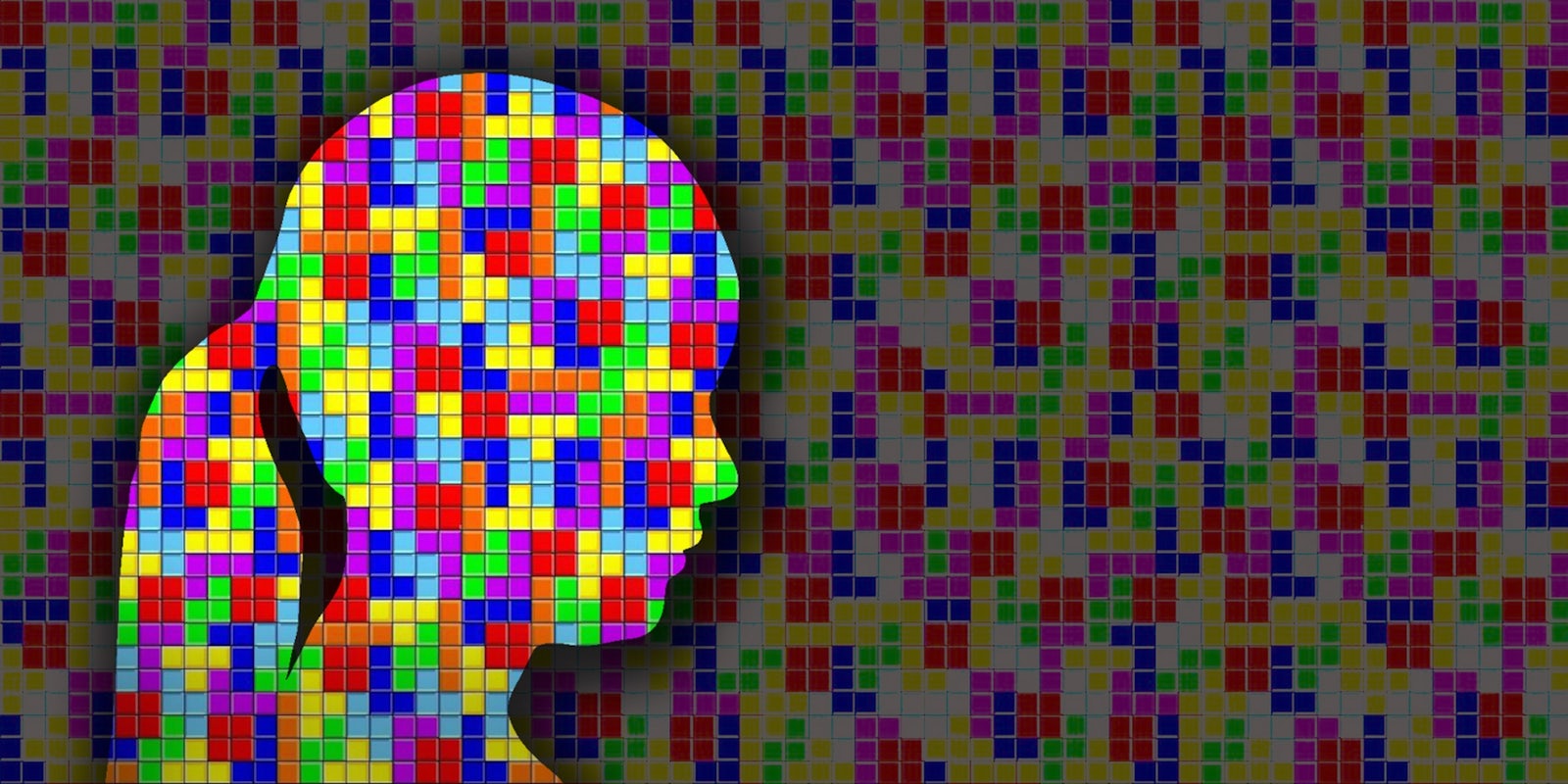Next time someone yells at you for playing Tetris during a work meeting, just tell them you’re fighting off a mid-afternoon snack craving.
According to a study by psychologists at Plymouth University, U.K., and Queensland University of Technology, Australia, as little as three minutes at a time of playing the classic brick-stacking game can weaken cravings for many of our worst vices: food, cigarettes, alcohol, coffee, drugs, and even activities like sex and sleeping.
Over the course of seven days, 31 undergraduate students ages 18-27 were prompted via text message seven times a day to self-report any cravings they were feeling, and were encouraged to proactively report cravings independently of the text prompts. Of this group, 15 people were instructed to play Tetris on an iPod for three minutes before reporting their craving levels again.
The most common cravings reported were for food and non-alcoholic beverages, which made up about two-thirds of participants’ cravings.Things categorized as drugs (e.g. coffee, wine, and cigarettes) accounted for 21 percent of cravings, while the remaining 16 percent were made up of miscellaneous activity-based cravings, like sleeping, sex, or socializing with friends.
Researchers found that instances of cravings decreased from 70 percent to 56 percent, and that the impact of playing Tetris on cravings was consistent throughout the seven-day period and across all kinds of cravings.
“This is the first demonstration that cognitive interference can be used outside the lab to reduce cravings for substances and activities other than eating,” said Jackie Andrade, a professor at the School of Psychology and the Cognition Institute at Plymouth University, in a statement. “We think the Tetris effect happens because craving involves imagining the experience of consuming a particular substance or indulging in a particular activity.”
In short, you’re so wrapped up in the game that your brain is too distracted to crave things that it might ordinarily gravitate toward.
“Playing a visually interesting game like Tetris occupies the mental processes that support that imagery; it is hard to imagine something vividly and play Tetris at the same time,” said Andrade.
Although the sample size of this non-laboratory experiment is small and the participants self-reporting leaves room for error, playing Tetris to rid yourself of pesky cravings might be worth a shot—just don’t count on solving puzzles to solve all your problems.
H/T NDTV Gadgets | Illustration by Fernando Alfonso III


